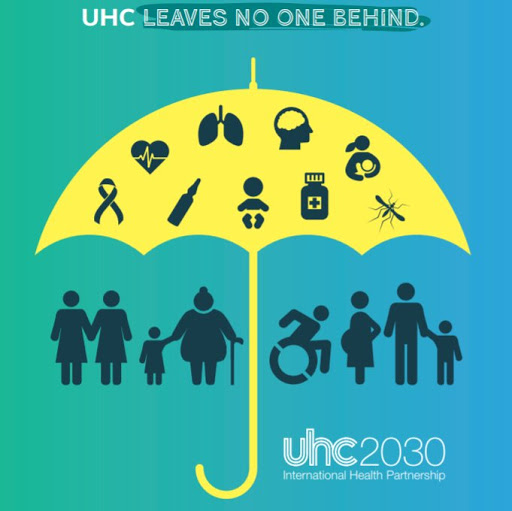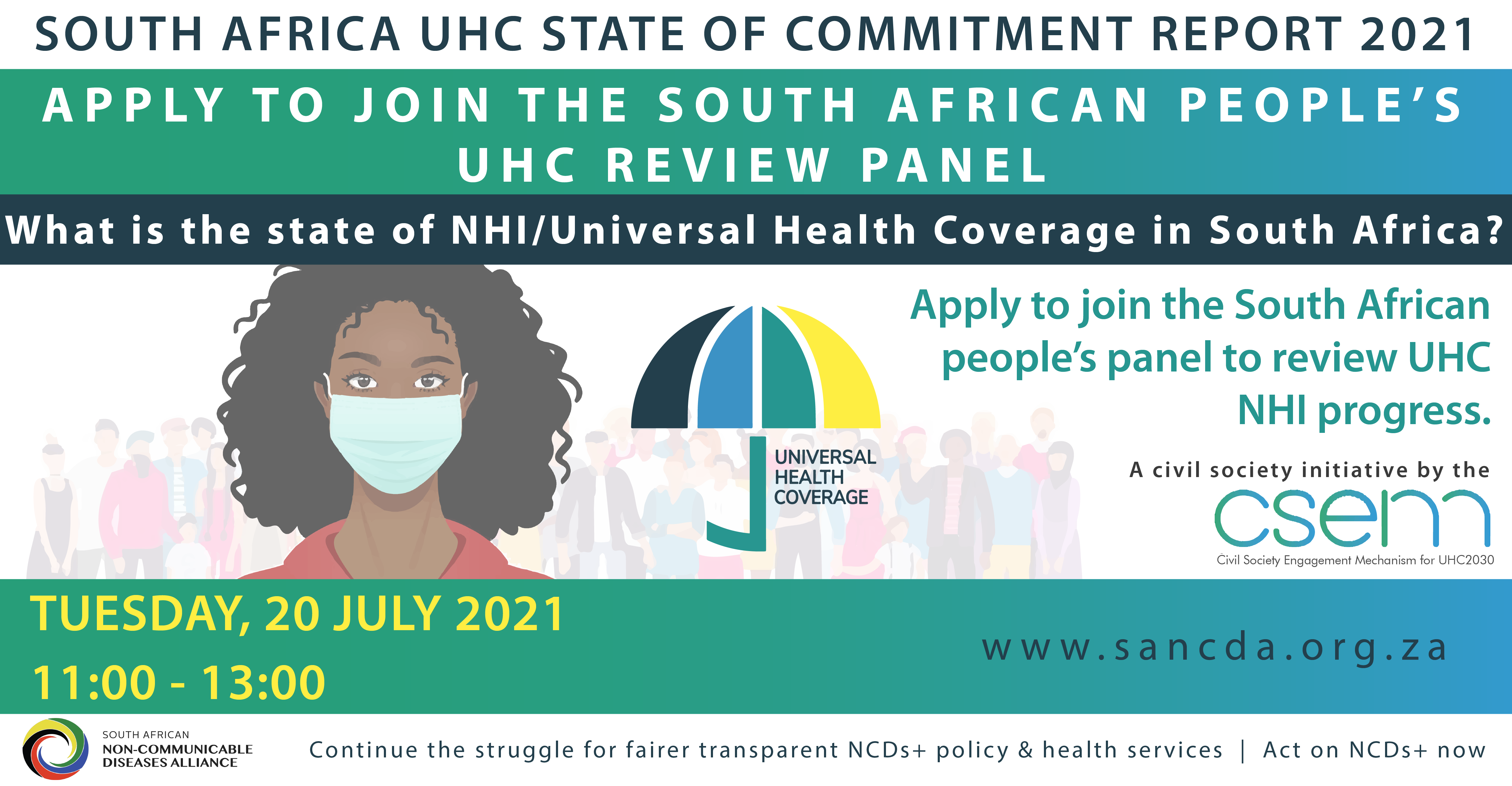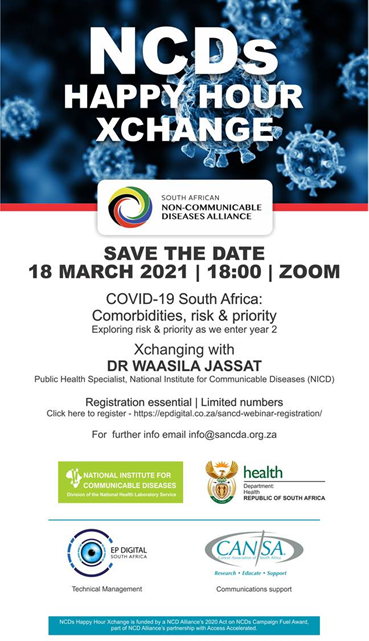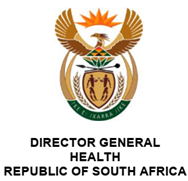
 On 20 July 2021, the SA NCDs Alliance is co-hosting and coordinating a people’s consultation on universal health coverage (UHC). This is especially for you if you use government health services.
On 20 July 2021, the SA NCDs Alliance is co-hosting and coordinating a people’s consultation on universal health coverage (UHC). This is especially for you if you use government health services.
The South African version of UHC is called “national health insurance” or NHI. But are we talking about the same thing? There are some big differences. What do you think?
The event is a virtual focus group lasting 2 hours with 30 participants. You can only participate if you apply. We want to hear your voice especially if you are part of a vulnerable or hard-to-reach group that uses public or government health services. So you need to complete that application form and showing us why your participation is important.
Apply to join the conversation here
- People who are left behind or have trouble having their health needs met before or during COVID-19?
- Civil society participants, breakout group facilitators or note-takers.
We want to make sure that we hear from you, the people, and especially if you are in that “seldom heard” and vulnerable group. We can help a few selected participants with data package to participate on the day.
The event forms part of the United Nations Civil Society Engagement Mechanism (CSEM) for UHC2030 efforts to gather South African insights on the state of UHC. Your views will be inputted into the UN State of the UHC Commitment Report for publication at the end of 2021 (around UHC Day 12 Dec). Here is the 2020 State of the UHC Commitment Report.
An excellent and relevant reference just published by WHO is Voice, agency, empowerment: Handbook on social participation for UHC 2021

People living with NCDs are at a higher risk of becoming severely ill if they contract COVID-19. NCDs are underlying health conditions that require you to take special care: cardiovascular diseases, diabetes, respiratory diseases, dementia, kidney disease and cancer.
NCDs and other chronic conditions make the immune system slow down, and it is more likely to get an infection like COVID-19. So we want to keep you healthy.
The South African Non-Communicable Disease Alliance (SANCDA) is proud to announce the first NCD’s Happy Hour Xchange on Thursday 18 March 2021 at 18:00 to discuss COVID-19 in South Africa, exploring the risk and priority of comorbidities as we enter the second year, preparing for the second phase of vaccinations, and preparing for the third wave.
The South African Non-Communicable Disease Alliance (SANCDA) is proud to announce the first NCD’s Happy Hour Xchange on Thursday 18 March 2021 at 18:00 to discuss COVID-19 in South Africa, exploring the risk and priority of comorbidities as we enter the second year, preparing for the second phase of vaccinations, and preparing for the third wave. (link: https://www.sancda.org.za/)
Dr Waasila Jassat, Public Health Medicine Specialist from the National Institute for Communicable Diseases (NICD) is our first Xpert
Waasila is responsible for the Daily Hospital Surveillance (DATCOV) report. To view the latest NICD report with comorbidities included.
Registration for the NCD Happy Hour Xchange is essential. Space is limited.
https://epdigital.co.za/sancd-webinar-registration/
#NCDsHappyHourXchange
About NCDs Happy Hour Xchange
Happy Hour Xchange is a series of knowledge Xpanding events informing and inspiring NCDs+ civil society organisations and activists to engage on diverse policy issues. Xperts Xchange key emerging facts and unknowns with us in an open and frank discussion via Zoom. Our aim is to Xpand the NCDs+ policy dialogue through engagement and co-production.
- Tone: Mutually respectful, interactive, inquisitive and informal.
- Frequency: Weekly or biweekly Thursdays for 1 hour between 18:00-19:00 SAST.
- Format: A modern-day seminar. Xpert, NAG selected chair,
- Part 1: Xpert – 15 minutes and Questions 15 minutes
- Part 2: Xpert – 15 minutes and Questions 15 minutes
- Questions can be submitted before and during a session.
- Platform: virtual meeting via Zoom a NAG chair and Xpert guest
Suggested topics so far:
- Targeted prevention Health Promotion Levy
- Phase 2 vaccine rollout
- Better Health Project SA report series on NCDs NSP related topics
- Alignment of policy
- Social & behavioural change communication
- Data
- Monitoring and evaluate
- Prioritisation and NCDs health care who says what
- Costing models for NCDs care
- The Cascades of care
- Social and other determinants of health
- Food security, nutrition and obesity.
- Post-COVID-19 agenda – build back fairer.
- Global diabetes Compact
- Integrated people-centred health services.
Cobranding with other organisations will be possible.
Contact Dr Vicki Pinkney-Atkinson, Director of SANCDA on 083 383 8159 or email:
[email protected] for more information.

Hydroxychloroquine does not reduce deaths from COVID-19 and may even cause unwanted damage, recent studies have found. According to the new Cochrane Review, the drug probably does not reduce the number of people needing mechanical ventilation.
“In addition, they note that no new trials of hydroxychloroquine or chloroquine for treating COVID-19 should be started,” the South African Medical Research Council (SAMRC) said on Tuesday. The findings are contained in the study published by authors based in India, South Africa, and the United Kingdom, who undertook the systematic review of studies that used chloroquine or hydroxychloroquine for treating or preventing COVID-19 disease.
It is also likely that hydroxychloroquine caused more unwanted effects than placebo in the trials undertaken. I think this underlines the importance of ensuring that we have reliable evidence even in an emergency situation like this pandemic where there is public pressure for rapid treatments and prevention options.
Dr Tamara Kredo, Cochrane South Africa, SAMRC
“They searched for studies that examined giving chloroquine or hydroxychloroquine to people with COVID-19; people at risk of being exposed to the virus; and people who had been exposed to the virus,” the SAMRC explained. According to the SAMRC, the public demand for a COVID-19 cure fuelled speculation that the drug might be effective based on unreliable research that did not meet the inclusion criteria of this review.
“The then US President Trump declared chloroquine a ‘game changer’ about a year ago, leading to global demand and confusion. The research community rapidly organised large trials, which demonstrated no evidence of an effect, and these trials are summarised in this review.”
The Council said the review authors included 14 relevant studies of which 12 were studies of chloroquine or hydroxychloroquine used to treat COVID-19 in 8 569 adults. Meanwhile, the two studies focused on whether hydroxychloroquine prevents COVID-19 in 3 346 adults who had been exposed to the virus but had no symptoms of infection. This included research from different countries, four in China and one each from Brazil, Egypt, Iran, Spain, Taiwan, the United Kingdom and North America and a global study in 30 countries.
According to the local author from Cochrane South Africa, Tamara Kredo, this review offers conclusive evidence that hydroxychloroquine has no impact on clinically important outcomes for both the prevention and treatment of COVID-19.
Senior author, Dr Tom Fletcher, said: “The review should put a line under using this drug to treat COVID-19. But some countries and health providers are still caught up in the earlier hype and prescribing the drug. We hope this review will help these practices end soon”. This Cochrane Review was co-ordinated by the Cochrane Infectious Diseases Group (CIDG), which has its editorial base at Liverpool School of Tropical Medicine (LSTM).
Cochrane South Africa (SA) is an internal research unit of the SAMRC and is part of the global, independent Cochrane network of researchers, professionals, patients, carers and people interested in health. Cochrane is a non-profit organisation that prepares and disseminates information on what works and what does not in healthcare. These reviews enable policymakers, health service providers and the public to make informed decisions about healthcare.
President of the European Commission, Ms Ursula von der Leyen,
Director-General of the WHO, Dr Tedros Adhanom Ghebreyesus,
CEO of Global Citizen, Mr Hugh Evans,
Global Citizens and Friends,
South Africa is honoured once again to lend our support to Global Citizen, and to this Recover Better Together campaign. For the past 10 years, Global Citizen has been a leading voice for the involvement of governments, world leaders, philanthropists, activists, artists and the citizens of the world in ending extreme poverty.
When the coronavirus pandemic struck last year, Global Citizen responded swiftly, hosting the ‘One World: Together At Home’ benefit concert in support of healthcare workers on the frontline. The substantial pledges made for coronavirus relief at this event enabled NGOs around the world to help those most vulnerable.
The campaign we are launching today recognises that overcoming the COVID-19 pandemic is essential if we are to make any progress in tackling poverty. To achieve this, we must deepen cooperation to ensure equitable access to vaccines.
No person, no country and no region must be left behind. To fight the pandemic, we need to pool resources, capabilities, knowledge and intellectual property.
That is why we continue to call on world leaders to support the COVAX facility to ensure rapid and equitable access to COVID-19 vaccines for all countries. Applaud President Macron and EU that wealthier countries should donate 5% of their purchased vaccine stock to developing countries.
Another important step is to enable the transfer of medical technology for the duration of the pandemic. This will allow us to increase the production of COVID-19 vaccines and other medical products, lower prices and improve distribution to reach all corners of the world .
Alongside these efforts to overcome the pandemic, we must work together to end hunger, promote education and the resumption of learning, and protect the planet. By doing so, we will be contributing to a fair, just and inclusive recovery. The world will recover, it will recover better, and it will recover together. For the benefit of all leaving no one behind.
I thank you.





